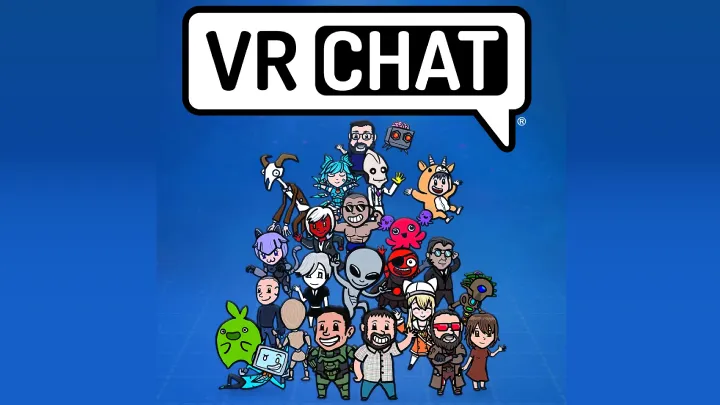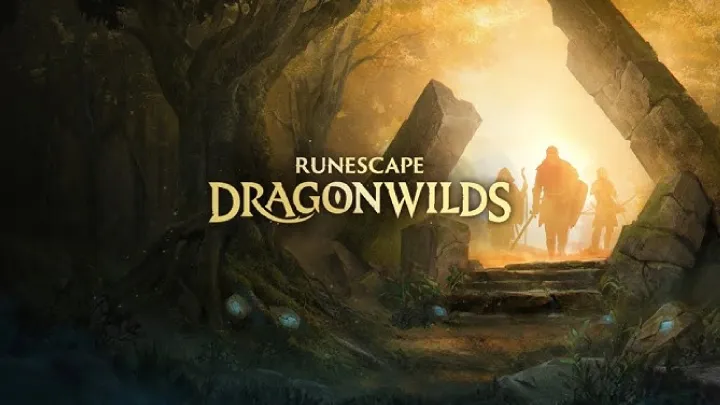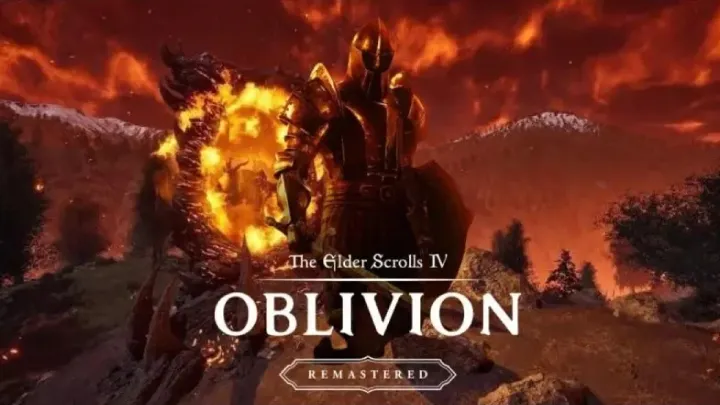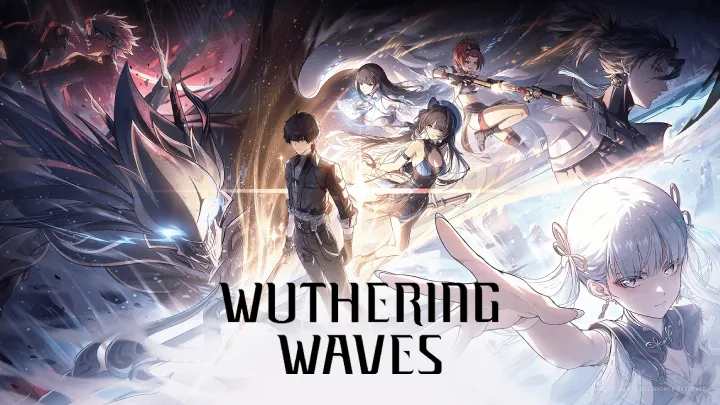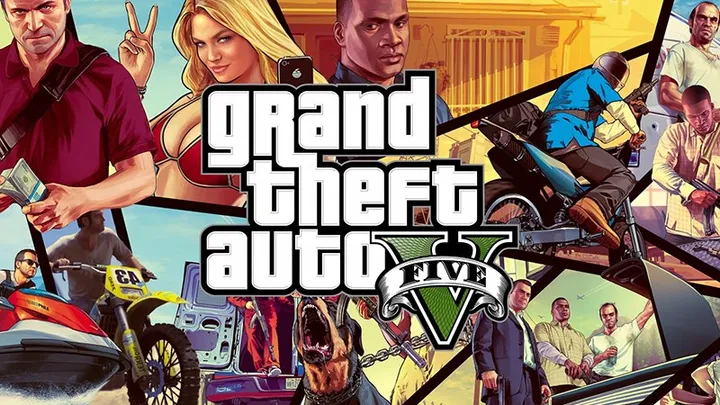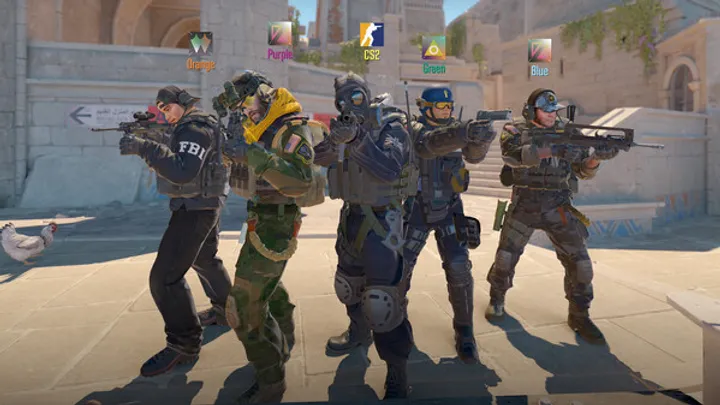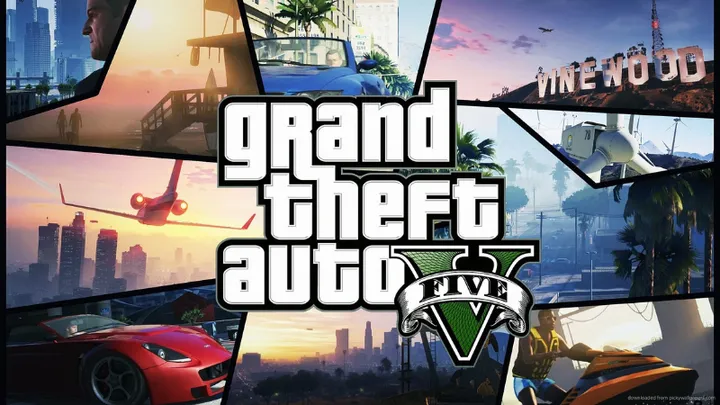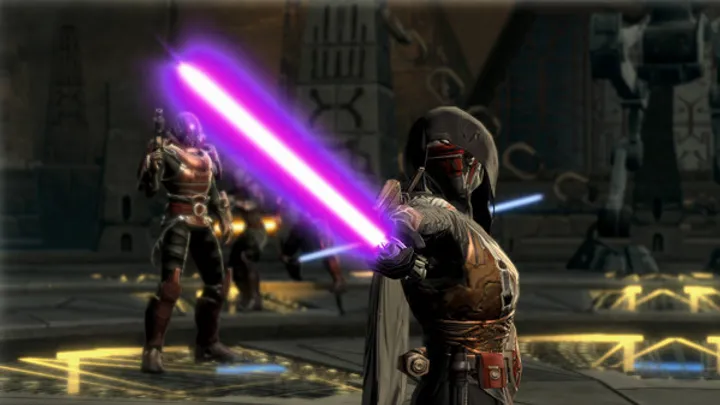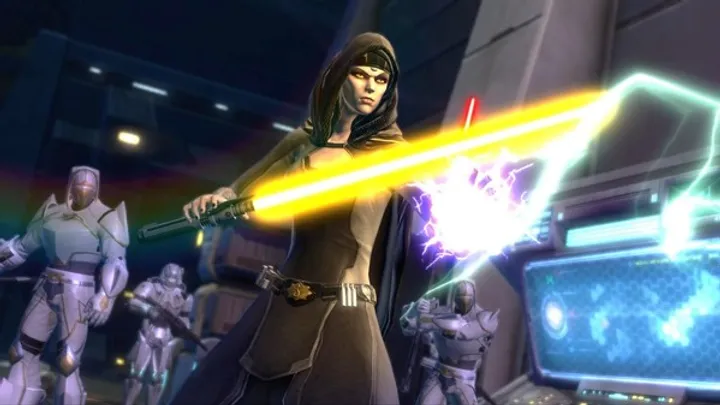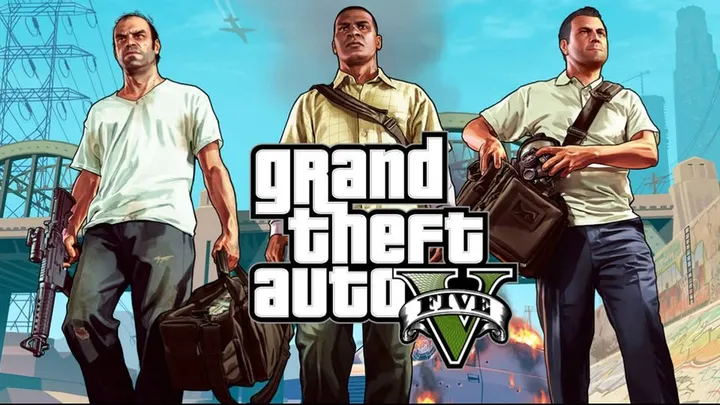Introduction
Video games have transformed from simple pixel-based entertainment into a global cultural phenomenon that influences art, storytelling, technology, and even society. Across decades, countless titles have left their mark, but only a select few stand out as truly legendary—games that redefined genres, shaped communities, and became unforgettable experiences.
This article takes you through the Top 10 Greatest Games of All Time, exploring why each deserves its place among the icons of gaming history. We’ll dive into their gameplay innovations, emotional depth, and cultural influence, spanning multiple generations of consoles and PCs.
1. The Legend of Zelda: Ocarina of Time
No list of the greatest games would be complete without Nintendo’s masterpiece, The Legend of Zelda: Ocarina of Time. Released in 1998 on the Nintendo 64, it redefined 3D adventure games with its innovative mechanics, expansive world, and unforgettable story.
Players controlled Link as he journeyed across the kingdom of Hyrule, wielding the legendary Master Sword, solving intricate puzzles, and battling sinister foes. The lock-on targeting system introduced in this game became a standard feature in modern action games.
Even decades later, its influence is still felt, and many gamers recall the first time they rode Epona across the vast fields of Hyrule or solved the eerie puzzles inside the Water Temple.
2. Super Mario Bros. 3
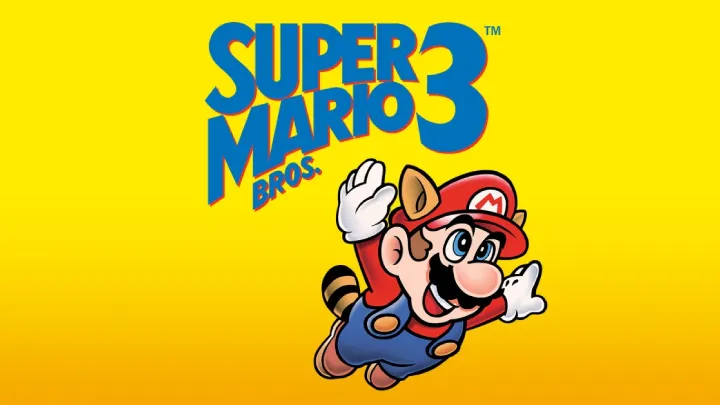
While Super Mario Bros. introduced the world to Mario, Super Mario Bros. 3 perfected the formula. Released in 1988, this game expanded platforming into a true art form, offering imaginative levels, power-ups, and secrets that encouraged exploration.
The iconic Tanooki Suit, the Koopa Kids, and the world map design elevated Mario beyond simple side-scrolling action. The tight controls and flawless level design made it endlessly replayable and influenced nearly every platformer that followed.
It remains a nostalgic favorite and is often considered the definitive 2D Mario experience.
3. Tetris
Simple, addictive, and universal—Tetris is a puzzle game that transcends language, culture, and age. First developed by Alexey Pajitnov in 1984, it became one of the most recognizable games ever created.
With its falling blocks and catchy theme music, Tetris has sold hundreds of millions of copies across almost every gaming platform imaginable. The concept is so timeless that even modern variations continue to captivate players.
Its impact proves that you don’t need flashy graphics or complex stories to make a game legendary.
4. Minecraft
When Minecraft first appeared in 2009, no one expected it to become the best-selling video game of all time. Its open-ended sandbox design encouraged creativity, exploration, and survival in a blocky, pixelated world.
Players could build castles, mine for diamonds, fight off Creepers, or simply explore vast landscapes. Beyond its solo experience, multiplayer servers fostered thriving communities, making it a social phenomenon.
From classrooms using it for education to massive online worlds built by fans, Minecraft isn’t just a game—it’s a cultural movement.
5. Half-Life 2

Valve’s Half-Life 2 (2004) was a groundbreaking first-person shooter that combined storytelling, physics-based puzzles, and immersive gameplay. With Gordon Freeman as the silent protagonist, players fought against the oppressive Combine regime while wielding the iconic Gravity Gun.
The game was praised for its realistic world, strong narrative, and revolutionary Source engine technology. Its influence can still be seen in modern FPS titles, making it a landmark achievement in interactive storytelling.
6. Dark Souls
Released in 2011, Dark Souls reshaped how gamers approached difficulty, exploration, and world design. Known for its punishing combat and cryptic lore, it challenged players to think carefully, learn from mistakes, and persevere.
Its interconnected world design, filled with shortcuts and secrets, was revolutionary. The phrase “Prepare to Die” became a badge of honor, symbolizing the rewarding satisfaction of overcoming seemingly impossible challenges.
Dark Souls not only created a devoted fanbase but also inspired an entire genre of “Soulslike” games.
7. Grand Theft Auto V
Few games can claim the level of success and cultural impact that Grand Theft Auto V achieved. Released in 2013, it delivered a vast open world set in Los Santos, filled with detail, life, and endless possibilities.
Its three-character narrative was a bold innovation, allowing players to switch between Michael, Franklin, and Trevor. Beyond the main story, GTA Online became a living platform, offering new missions, heists, and updates for years after launch.
With record-breaking sales and a lasting online presence, GTA V has become one of the most iconic titles in modern gaming.
8. The Witcher 3: Wild Hunt
CD Projekt Red’s The Witcher 3: Wild Hunt (2015) set a new standard for open-world RPGs. Players stepped into the boots of Geralt of Rivia, a monster hunter navigating a morally complex world filled with political intrigue, love, and betrayal.
The game’s writing, side quests, and world-building were unmatched, with many considering it the best narrative experience in gaming. Expansions like Hearts of Stone and Blood and Wine only strengthened its reputation.
Its influence can be seen in countless RPGs that followed, making it a modern masterpiece.
9. Super Mario 64
When Super Mario 64 launched alongside the Nintendo 64 in 1996, it redefined what a 3D game could be. For many players, it was their first time truly exploring a three-dimensional world with freedom and precision.
Mario’s movements—running, jumping, flipping, swimming—felt revolutionary. The game’s hub world, Peach’s Castle, introduced a new way of structuring exploration, inspiring future 3D platformers.
Even decades later, its design remains remarkably fresh and fun.
10. Pokémon Red and Blue
Launched in 1996, Pokémon Red and Blue introduced players to the world of Pokémon, sparking a global phenomenon that continues to thrive today. The simple yet addictive concept of catching, training, and battling creatures captured the imagination of millions.
It wasn’t just a game; it was a cultural shift. Pokémon cards, TV shows, movies, and merchandise followed, creating one of the most enduring franchises in history.
For many, their first Pokémon adventure remains an unforgettable experience, cementing these games as all-time classics.
Conclusion
The greatest games of all time aren’t just about sales or graphics—they’re about impact. These titles reshaped genres, defined generations, and inspired millions. From Tetris’s simplicity to The Witcher 3’s deep storytelling, each represents a milestone in gaming history.
As technology evolves, new masterpieces will surely emerge, but these ten games stand as timeless examples of how interactive entertainment can shape culture and imagination.
